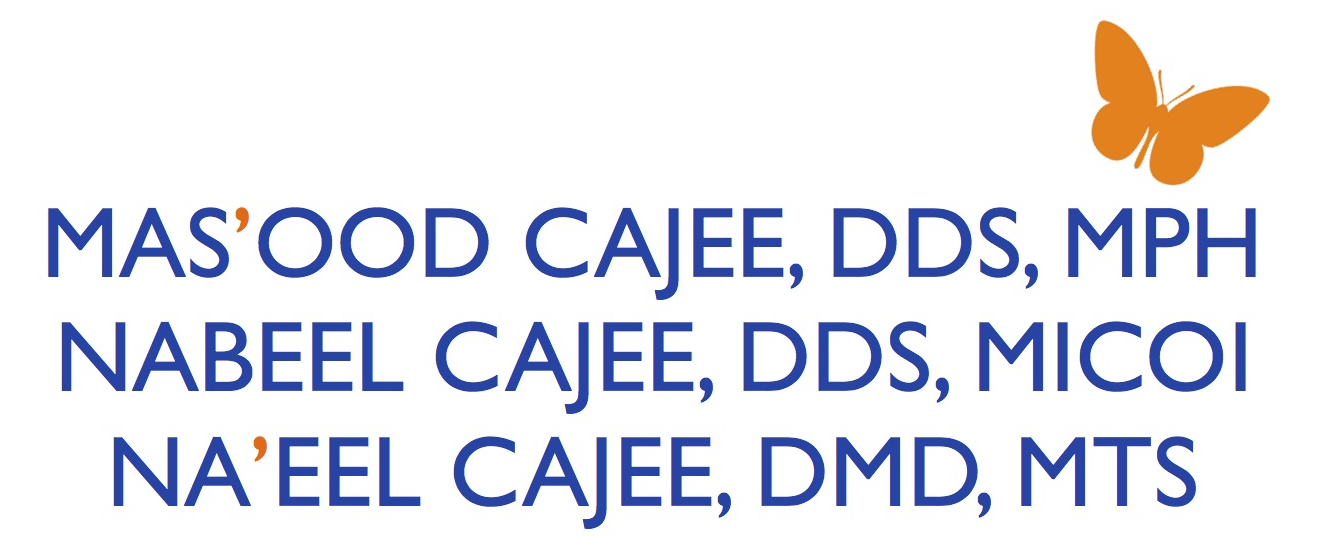I have a toothache. Will I need to pull my tooth?
/A toothache can be a mild nuisance or a severe pain that makes it difficult to eat, sleep, or concentrate. If you have a toothache, it's important to see a dentist to find out the cause and get the appropriate treatment.
What are the causes of a toothache?
There are many possible causes of a toothache, including:
Cavities: Cavities are the most common cause of toothaches. They are caused by bacteria that attack the tooth enamel and dentin.
Abscess: An abscess is an infection that forms at the base of a tooth or in the gum tissue. Abscesses can be painful and can cause swelling and redness of the gums.
Cracked or broken tooth: A cracked or broken tooth can cause pain, especially when eating or biting down.
Gum disease: Gum disease is an inflammation of the gums that can cause pain and bleeding.
Impacted tooth: An impacted tooth is a tooth that is unable to erupt through the gums completely. Impacted teeth can cause pain and swelling in the gums and jaw.
How do I know if I need to pull my tooth?
There are a few signs and symptoms that may indicate that you need to pull your tooth:
Severe pain: If you have severe pain that is not relieved by over-the-counter pain relievers, you may need to have your tooth extracted.
Infection: If you have an abscess, your dentist will likely recommend extracting the tooth to clear the infection.
Cracked or broken tooth: If your tooth is cracked or broken beyond repair, it may need to be extracted.
Gum disease: If you have severe gum disease, your dentist may recommend extracting the tooth to prevent the spread of infection.
Impacted tooth: If you have an impacted tooth that is causing pain or other problems, your dentist may recommend extracting it.
What happens during a tooth extraction?
A tooth extraction is a relatively simple procedure. Your dentist will numb the area around the tooth with a local anesthetic. Then, they will use a dental elevator to loosen the tooth and then forceps to extract it.
After the tooth is extracted, your dentist will place gauze over the socket to stop the bleeding. You may experience some pain and swelling after the extraction, but this should subside within a few days.
Are there any alternatives to tooth extraction?
In some cases, there may be alternatives to tooth extraction. For example, if you have a cavity, your dentist may be able to fill it. If you have an abscess, your dentist may be able to drain it and prescribe antibiotics. If you have a cracked or broken tooth, your dentist may be able to repair it with a crown or bridge.
However, in some cases, tooth extraction is the only option. For example, if your tooth is infected beyond repair or if it is impacted, your dentist will likely recommend extracting it.
How can I prevent toothaches?
The best way to prevent toothaches is to practice good oral hygiene. This includes brushing your teeth twice a day for two minutes each time, flossing your teeth once a day, and seeing your dentist for regular checkups and cleanings.
If you do develop a toothache, it's important to see a dentist right away. Early treatment can help to prevent the problem from getting worse and may save your tooth.
Here are some additional things to keep in mind about toothaches and tooth extraction:
If you have a toothache in or near Manteca, it's important to call or text our dental office in Manteca at (209) 825-6000 as soon as possible. Even if the pain is mild, it could be a sign of a more serious problem.
Tooth extraction is a relatively safe procedure, but there are some risks involved, such as bleeding, infection, and nerve damage. Your dentist will discuss the risks and benefits of tooth extraction with you before performing the procedure.
After a tooth extraction, it's important to follow your dentist's instructions carefully to promote healing and prevent complications.
If you lose a tooth, there are a number of options available to replace it, such as dental implants, bridges, and dentures. Talk to your dentist about the best option for you.
If you have any questions or concerns about toothaches or tooth extraction, please talk to your dentist.
Ready to schedule? Call or text Dr Cajee’s dental office at (209) 825-6000.





